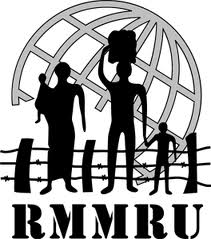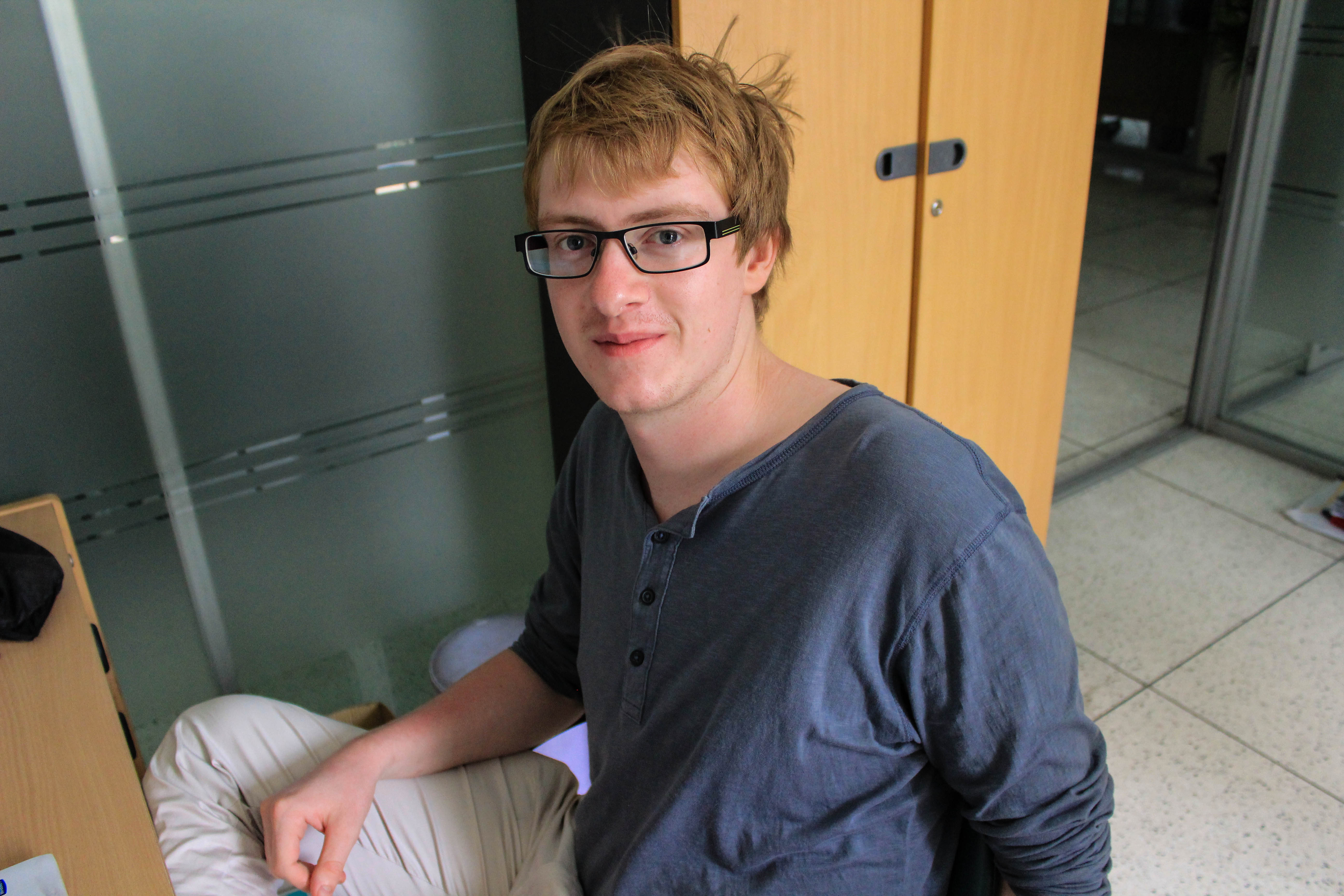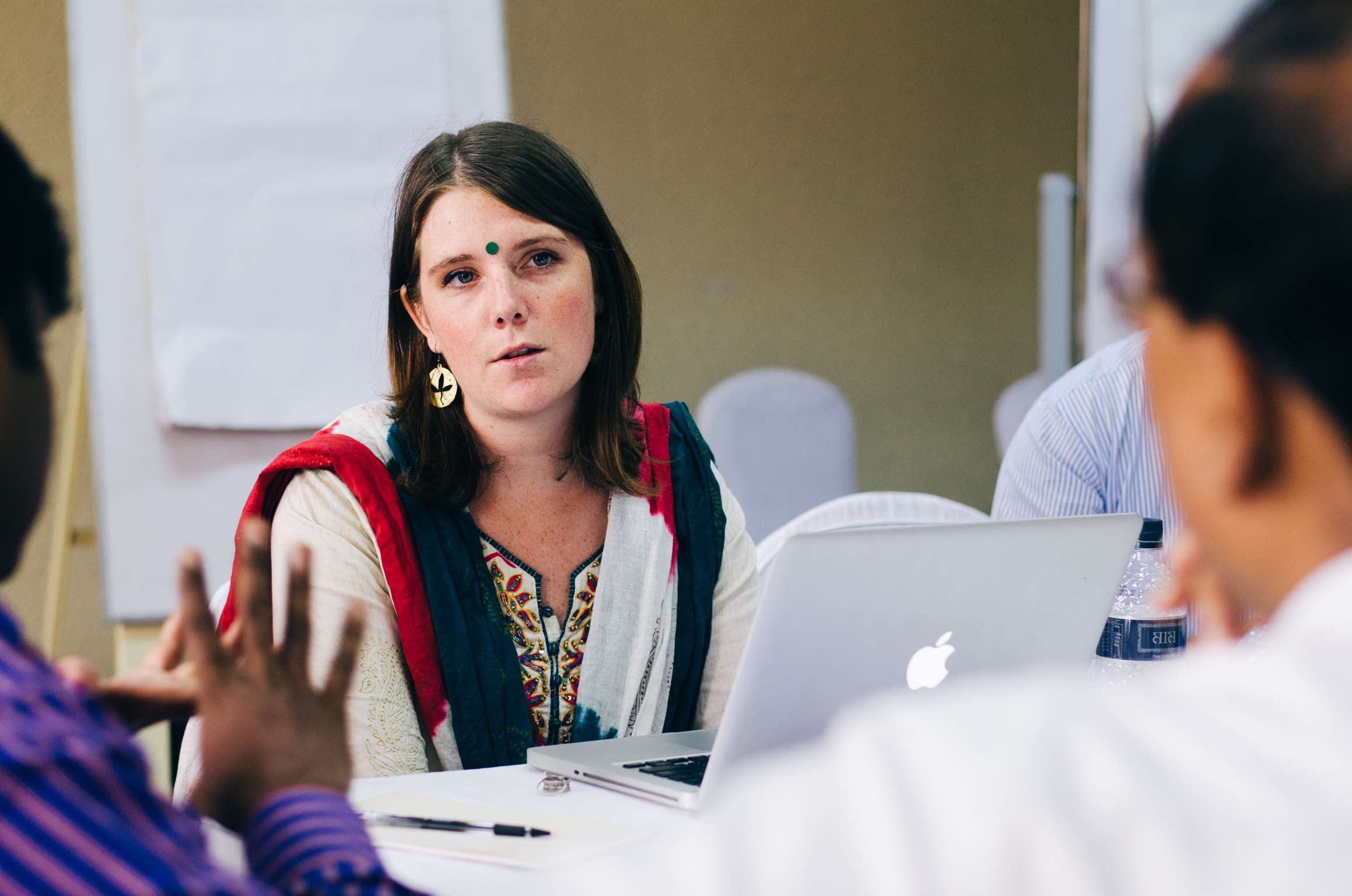Interviewer: Natalia Yang
Current RMMRU Intern
August 2013
As a leading research and advocacy unit for migrant and refugee rights in Bangladesh, RMMRU provides internship opportunities for students from national and international universities who hold an interest in human rights, migratory research and international development. The partnerships that RMMRU develops with universities allow university students the potential for capacity-building and practical experience within the broad sector of international development. Students receive tutelage in areas of research, fieldwork, grassroots advocacy and organizational administration. They are able to apply their skills to relevant programmes and research in areas of migrant and refugee rights and international development.
The experience for an international intern coming to Bangladesh from another country can be intimidating. Being a new RMMRU intern from the University of Victoria, Canada, I decided to interview two exiting interns, Duncan Knox and Marguerite Heyns, about their experiences living in Dhaka and working with RMMRU. This process will generate a knowledge-sharing platform for interns to share their trials and tribulations, the insights they have been able to gain in their short time here, and valuable information about the research and development process RMMRU undertakes.
Q: How did you find yourself in Dhaka and working for RMMRU?
A: I applied for an internship through the DFID funded 'Migrating Out of Poverty Reserach Programme Consortium' (RPC) based at the University of Sussex. RPC has consortium members in Bangladesh, Singapore, Ghana, Kenya and South Africa and aims to study the relationship between migration and poverty. RMMRU is the Bangladeshi consortium member for RPC and RMMRU chose to select me for the internship due to my educational background in development economics.
Q: How long were you at RMMRU?
A: I have spent 2 months working in the RMMRU office in Dhaka and will complete the final month of my internship working at the University of Sussex.
Q: What were your research or work interests coming into RMMRU?
A: My key career aim is to work in a field, which looks to contribute to improve the lives and infrastructures of the developing world. Having studied a migration module for my masters in Development Economics at the University of Sussex and having done research consultancy in completing a descriptive analysis of remittances and migration in Kenya using World Bank data, I was aware of the developmental enhancing and poverty reducing effects that migration and remittances can have and was therefore passionate about working in this field.
Q: What projects did you work on during your time at RMMRU?
A: I was involved in working on the Global Survey, a household survey being undertaken by all members of the RPC which looks to use survey data to analyse the relationship between migration and poverty. I was also involved in RMMRU's panel survey, a household survey which will collected survey data to facilitate research on the relationship between migration, poverty and development in Bangladesh.
Q: What were you able to gain working with RMMRU?
A: Working with RMMRU has enabled me to generate a greater understanding on the internal and international migration that takes in Bangladesh. Being able to both work on projects and liaise with fellow RMMRU colleagues on their work has allowed me to learn about the impact of migration on poverty and development, migrant working and living conditions and the relationship between migration and climate change. Furthermore, being involved in preparation for RMMRU's surveys has allowed me to understand survey methodology and planning.
Q: What was the best part about being part of the RMMRU team?
A: The best part about working with the RMMRU team is that I am working with both Bangladeshi's and interns from different parts of the world who are all passionate about working in development.
Q: What was your best experience while living in Bangladesh?
A: My best experience in Bangladesh was taking a four day boat trip to the world's largest mangrove forest - the Sundarbans. We hiked through swamps and jungles, swam in the Bay of Bengal, saw plenty of wildlife and a thunderstorm at night.
Q: How did you find yourself in Dhaka?
A: I am the first science student to apply for a CAPI internship and get it. I’ve always been interested in Epidemiology and health and development. And for some reason, my project coordinator thought that I was the one who could handle being a woman in Bangladesh, so I got it. It’s been an amazing experience. I’m very happy and thankful.
Q: How long were in at RMMRU?
A: It will be 5 months total
Q: What were your research or work interests coming into RMMRU?
A: Honestly I was just really interested in learning about development. Like I said, I was a biology student, so I took all of my electives looking at Development work, but I had very little experience in the development sector and now that’s all I want to do. I came here being very interested in health and migration and also capacity building at a grassroots level and awareness campaigns. Those were my main interests coming into it. But I didn’t have any specific interests in migration or anything, although now, I guess I’m a little bit obsessed.
Q: What were you able to gain working with RMMRU?
A: I’ve gained an incredible amount. We work with a really supportive team here at RMMRU and the thing is we work as a team, as a group, developing all of our different programmes and projects. All of our grants are developed as a team. All of our applications and grants. It’s really a collective process. It’s been really incredible to be just one spoke in that machine that is RMMRU. I’ve learned how to develop programs, I’ve learned how to do grants I’ve learned an incredible amount about what it means to be in the development sector, and negotiating. How to take a program that you’ve developed and implement it in a new field and evaluate it. It’s fascinating. I don’t think I’ve quite as learned as much as I have in this experience. I’ve gained invaluable experience, I think and invaluable friendships.
Q: What projects did you work on at RMMRU?
A: When I got here, I kind of jumped into a lot of things. RMMRU was busy putting together a job portal at the moment and link potential migrant and returning migrants to destination countries, so I worked to help evaluate that and help it run a little more smoothly. I did research on potential employers and background checks to see which were trustworthy and which aren’t. The ones we want to be connecting potential migrants to. I also worked a lot on the MRIS project. So it’s a project that’s in its third year. So I helped develop the proposal and implement its third phase. I developed a new website for the organization and did all the social networking. I established Facebook and Twitter and did some live tweets from some conferences. I attended a lot of conferences, got to give input on a lot of different projects as well.
Q: What was your best part about working with RMMRU?
A: I think the best part was the support I mentioned before. I came into this very naïve in terms of development. I didn’t know lot about it. But having someone there to support me and catch me every time I make a mistake, or congratulate me when I finally understood, or made links where other people couldn’t or what have you, that was the best part. The best part is the people. I wrote a little blog post about my experiences here so far. And I mentioned that it doesn’t matter so much what we are working on, whether migration or something else, but working with these people with this passion has been the biggest driving force for me.
Q: What was your best experience while living in Bangladesh?
A: I’ve gone on a lot of trips while I was here. So I think the time I spend outside of Dhaka was my best times. And my favourite time was when I got to go to Rangamati. I got to go to a bunch of hill tract communities and hear about the struggles that they face and how they lived and how vibrant and amazing the culture is there. It was so incredibly beautiful and wonderful. And I got to ride on the back of a motorcycle. And it was kind of serendipitous, like most things in Bangladesh. It kind of just fell in my lap and I just said okay! I’m going to go to this!
My best experience in RMMRU was going to Chittagong and see how grassroots organizations work. I think we visited 4 different villages and I got to talk to a lot of the MRPC workers and hang out with kids and see what impact RMMRU had. That was really cool.
Q: How do you think your time with RMMRU has impacted your future direction?
A: Well, I have been bitten by the development bug. I want to do things on a larger scale and I want to develop effective programs and give people the capacity or facilitate capacity building for people to change their own lives. I’m all of sudden looking at Masters programs in development. It’s exciting! If I can pick all this up so quickly, who knows what the future holds!





